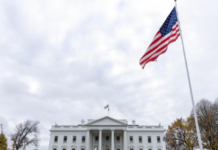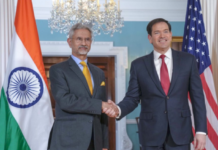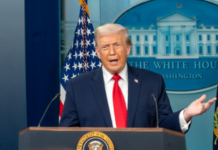NEW DELHI– Indian exporters have welcomed the U.S. government’s decision to postpone a planned tariff increase on imports from July 9 to August 1, calling it a positive step that allows more time for negotiations to resolve ongoing trade disputes.
Ajay Sahai, Director General of the Federation of Indian Export Organisations (FIEO), said the delay signals Washington’s willingness to engage in constructive dialogue with its trade partners.
“This extension provides a valuable window for further discussions, which could help negotiators resolve the remaining contentious issues,” Sahai said.
He added that the proposed tariff hikes, which target imports from a dozen countries, could offer India a comparative advantage—especially if the two nations are able to finalize a bilateral trade agreement (BTA) focused on goods by the end of this month.
U.S. Treasury Secretary Scott Bessent suggested that multiple trade deals may be imminent, noting a surge in last-minute proposals from various countries.
“My mailbox was full last night with a lot of new offers, a lot of new proposals… It’s going to be a busy couple of days,” Bessent told CNBC.
He added, “President Trump will be sending letters to some of our trading partners saying that if you don’t move things along, then on August 1, you’ll revert to the April 2 tariff level. So I think we’re going to see a lot of deals very quickly.”
President Trump has recently announced several trade agreements, including deals with Vietnam and China. Last month, he indicated that a potential agreement between the U.S. and India was in the works and could open Indian markets further to American goods.
India’s chief trade negotiator, Rajesh Agrawal, recently returned from Washington after high-level discussions with U.S. officials. However, no final deal was reached, particularly on sensitive issues like access to India’s agricultural and dairy markets—key priorities for the U.S. but politically and economically sensitive for India due to their impact on small farmers.
Despite the deadlock, hopes remain that a limited or interim trade agreement could still be finalized at the political level before the August 1 deadline, when a 26% hike in U.S. tariffs on Indian exports is set to take effect.
While the U.S. seeks greater market access for its agricultural and dairy products, India is pushing for tariff concessions on labor-intensive sectors such as textiles, leather, and footwear—critical industries for the country’s export-driven economy. (Source: IANS)














